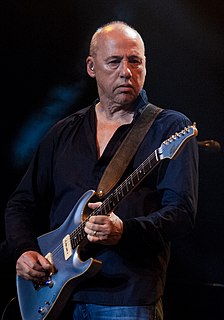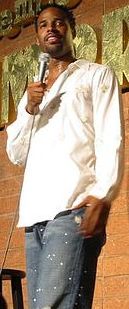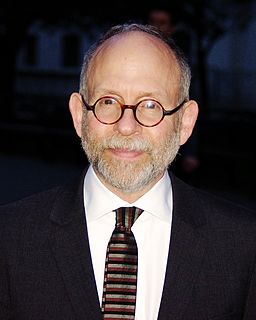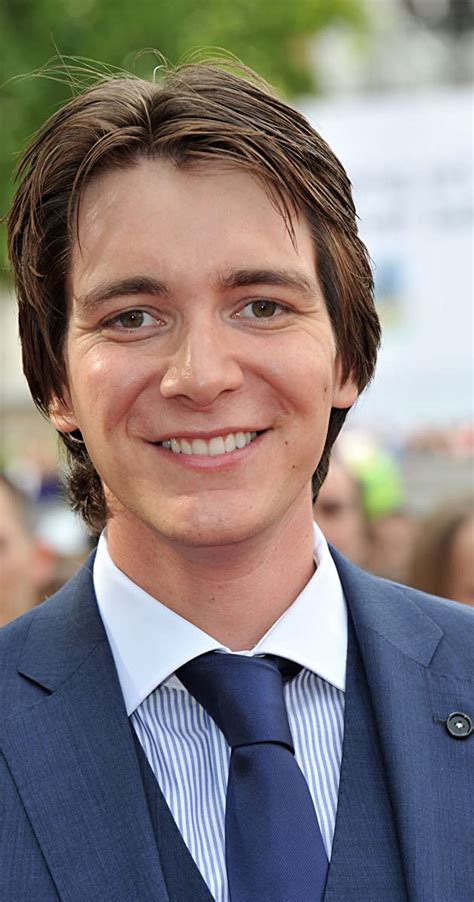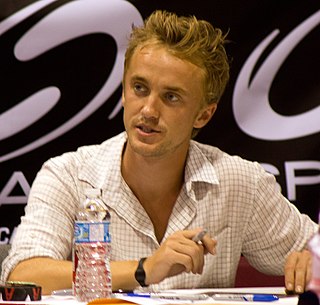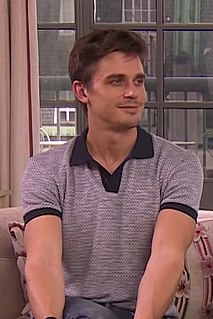A Quote by Jamie Hyneman
The daily work on special effects is fairly mundane.
Quote Topics
Related Quotes
The real trick to these movies and making the big action sequences work - and I've forgotten this sometimes and screwed it up - the characters really have to be humanized. Because you can have the greatest special effects in the world, but if you don't care about the people in those effects, there's no impact.
The danger lies in forgetting what we had. The flow between generations becomes a trickle, grandchildren tape-recording grandparents' memories on special occasions perhaps-no casual storytelling jogged by daily life, there being no shared daily life what with migrations, exiles, diasporas, rendings, the search for work. Or there is a shared daily life riddled with holes of silence.

